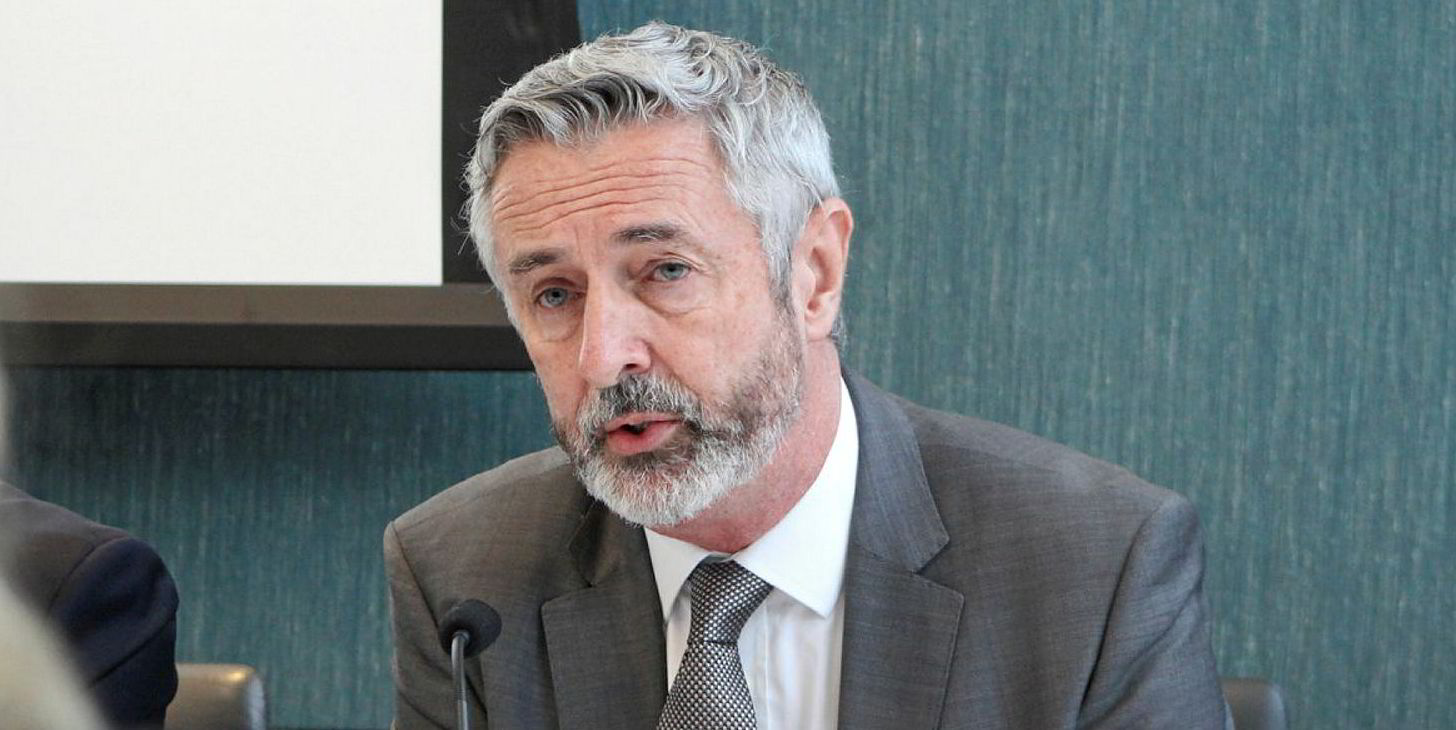A trade war is escalating between the world’s two largest economies, the United States and China, and seafood is among the products caught in the crossfire.
Recently, US President Donald Trump raised tariffs on $200 billion (€179.6 billion) of goods imported to the United States from China to 25 percent from 10 percent, while China President Xi Jinping upped tariffs on $60 billion (€53.9 billion) of US goods imported into China from the United States.
Tilapia from China is among the range of seafood products now facing a 25 percent tariff in the United States, while China has retaliated with a tariff on soybeans from the United States, a key ingredient in feed for farmed fish, of 25 percent.
What’s most unfortunate about the trade war is that consumers, jobs and sustainability efforts will be hit the hardest.
Producers both in the United States and China cannot just absorb the costs, and the immediate effect is for prices to be increased.
Although respective governments can recycle the tariffs charged back into their economies, it is more likely that, at least in the short term, US and Chinese consumers will likely be asked to pay more for an affordable, healthful protein.
Jobs in seafood processing plants are also at risk. Many US seafood companies import seafood from China for processing in the United States. Some US-caught seafood is sent to China for processing before being shipped back to the United States, potentially attracting double charges.
Sustainability also falls victim to trade wars. Efforts to improve practices on the ground — whether it’s environmental responsibility, social responsibility, animal health and welfare, and food safety — will certainly be affected by the trade war. This includes third-party certification programs such as the Global Aquaculture Alliance’s Best Aquaculture Practices.
The incentive to certify processing plants, farms, hatcheries and feed mills dissipates when countries are discouraged from exporting seafood to sustainably minded markets with punitive tariffs.
GAA believes strongly in the power of free trade. We encourage you, no matter what country you live in, to speak your mind and contact your elected officials if you are impacted by tariffs or are concerned about their effect on responsible aquaculture.
We also encourage you to contribute to existing initiatives such as the National Fisheries Institute’s “Seafood, See Jobs” campaign. Launched last August, the campaign, which targets lawmakers on Capitol Hill, features a number of videos of American seafood workers explaining just how important free trade is to their livelihoods.
Andrew Mallison is the CEO of the Global Aquaculture Alliance (GAA), an advocacy group for the sustainable development of the world's aquaculture industry.

